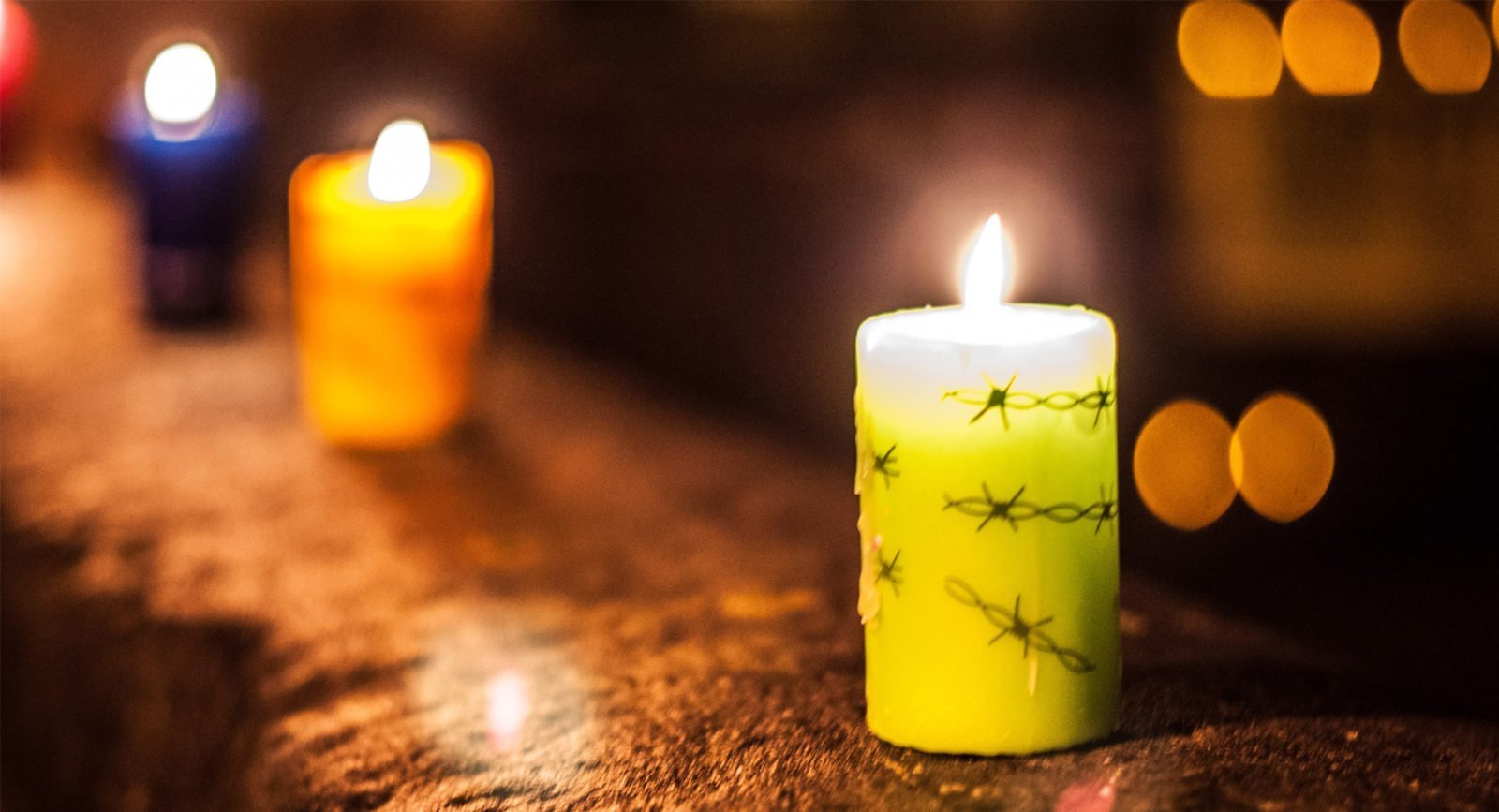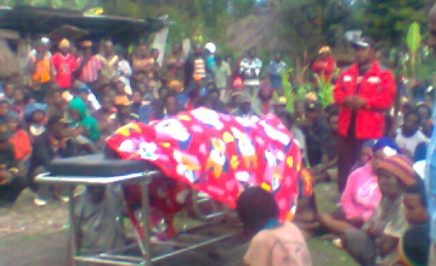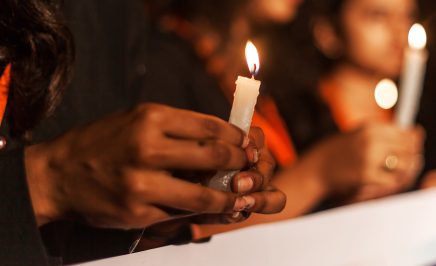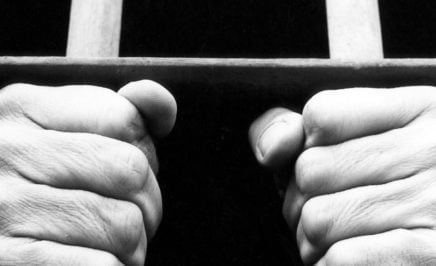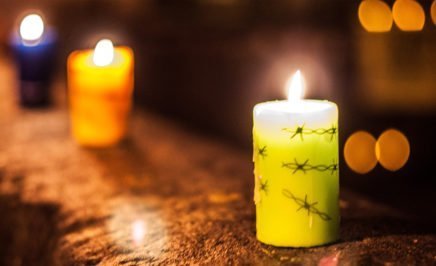The Indonesian authorities must immediately release seven peaceful activists who raised a flag banned by the government of Indonesia, Amnesty International said today.
The activists, belonging to the separatist Republic of South Maluku (RMS) movement, were conducting a peaceful hoisting of the ‘Benang Raja‘ flag when they were arrested by Indonesian police on 25 April, the anniversary of the RMS movement’s creation.
“Raising a flag is not a crime. These peaceful activists must be promptly released. The human rights to freedom of expression and peaceful assembly are protected under international law and Indonesia’s Constitution,” said Amnesty International Indonesia’s Executive director, Usman Hamid.
“The arrest of these activists highlights the Indonesian authorities’ ongoing failure to respect human rights in Maluku province.”
On 23 March 2020, the Indonesian military asked every household in Maluku to raise Indonesia’s national flag. Some reportedly received threats if they failed to do so.
Some activists also told Amnesty that they experienced intimidation after they refused to recognise Indonesia as a single nation.
Local organisations reported to Amnesty that an additional 200 police officers were deployed in Haruku Island and Saparua Island, in which some of the arrests happened, in anticipation of the anniversary.
“The police should be facilitating peaceful protest and protecting activists instead of detaining them for exercising their rights,” Hamid said.
In many instances, Indonesian authorities have used treason or makar provisions to criminalise political activists who call for self-determination. The charge can carry a maximum sentence of life imprisonment.
Johan Teterissa was a prominent figure from the RMS movement who spent more than a decade in jail for leading a peaceful protest in front of then-President Yudhoyono in 2007. On 4 April 2008, Teterissa was sentenced to life imprisonment, later reduced to 15 years on appeals.
He had been moved between numerous prisons away from Maluku province since his arrest. Amnesty International’s report in 2009 showed that police officers and presidential guards beat him and the 21 other activists on arrest. Police, including officers from the anti-terrorist unit Detachment 88 (Densus 88), also allegedly tortured them during their detention and interrogation.
“This fresh case of seven detained activists from Maluku reminds us of Johan Teterissa and other cases where at least 20 RMS political activists were allegedly tortured,” Hamid said.
“No-one should ever be punished for peacefully attending an assembly, and it is high time that Indonesia stopped criminalising people like the activists arrested under makar provisions,” Hamid said.
“Raising a flag is not a crime. None of these prisoners of conscience should have been detained in the first place – they must all be released immediately and unconditionally,” he said.
Five more prisoners of conscience from Maluku are currently still held in jail under charges of treason. Izack Siahaya (80), Telly Siahaya (50), Johan Siahaya (35), Markus Siahaya (30), and Basten Siahaya (30) were captured by the Indonesian police in Hulaliu village, Haruku Island, Maluku, last year and each sentenced to five years in prison. The five are all imprisoned for hoisting the ‘Benang Raja’ flag.
Amnesty International takes no position on the political status of any province of Indonesia, including on calls for independence. However, it upholds the right to freedom of expression, which includes the right to peacefully advocate for independence or any other political ideas that do not advocate hatred constituting incitement to discrimination, hostility or violence.
